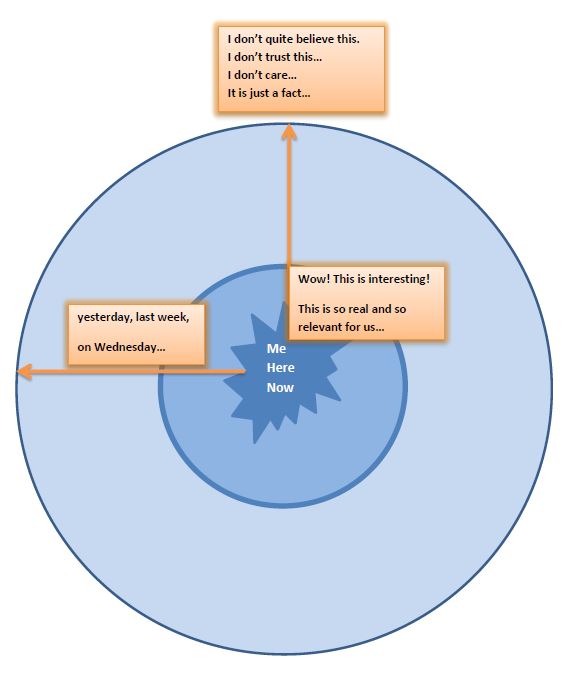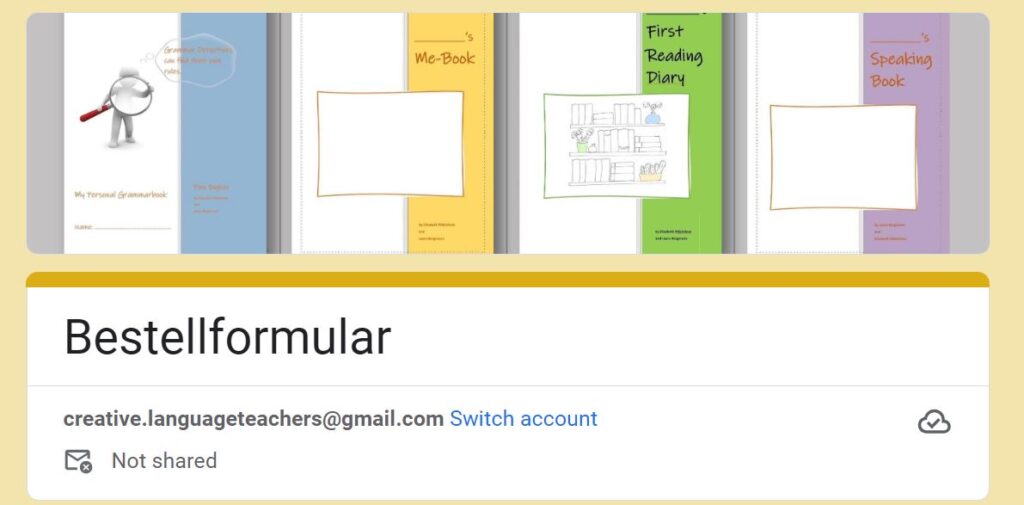Reporting
Reported speech is often one of the most difficult grammar topics for learners. Most grammar books present learners with a table that shows how to shift the tenses when the reporting verb is in the past. To make matters worse, they add another table that shows how to change time expressions (yesterday — the previous day…) and places (here — there). Reported speech is then often practiced without any context and students have to put sentences into reported speech, without ever considering the meanings and the connotations of these sentences.
When trying to find examples of reported speech in newspapers or magazines, we find very few examples that follow the rules given in these grammar tables. Good writers avoid these clumsy constructions and use direct speech (if the exact words are important), or they use the more elegant infinitive constructions (he promised to… ) instead. As long as reporting is done in a meaningful context, any time or place expressions will be shifted automatically by learners who are using their common sense.
What seems really important, is to understand what “shifting” the tenses actually does to the message of the sentence. Let’s look at a few examples:
Situation: Ann and Sue are discussing what to buy for Mary’s birthday:
Ann: We might get her a book, she’s such a readaholic.
Sue: Yes, she told me that she loves fantasy books, let’s get her the latest Maze Runner.
Obviously, Sue is focusing on a present situation here that is highly relevant at the moment of choosing a present. It’s the fact that Mary LOVES these books, not the fact that she told her about it at some time in the past.
How can we explain this to our learners?
David Newby, in his Grammar for Communication distinguishes between Reporting and Announcing.
When we report, we sum up what we have heard, referring to a past situation in a neutral way.
The witness stated that he had seen the two burglars climbing in through the window.
In the final TV discussion both candidates said that they would lower the taxes and raise the pensions.
When we announce, we talk about a situation or facts that seem highly relevant and present in our minds.
Asma told me that she has never learned to swim. So let’s be very careful when we take her to the lake.
This tricky difference is described in detail in a very interesting, helpful article by Ian P. Harman. I have used his concept of the deictic circle very successfully in my teaching of reported speech.
Here is my reporting circle. It explains Harman’s concept in very simple terms. Students write their sentences into this circle. For each sentence they decide how close to the center or how far out they want to put it — and how this location can help them to decide which tense to use.
Useful exercises and activities to practice reporting:


